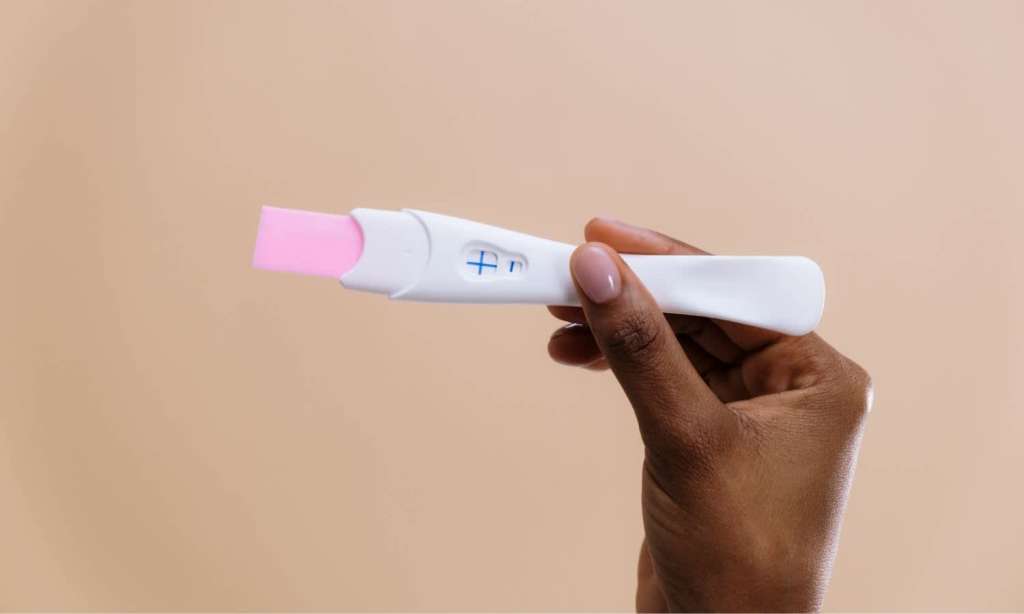If you look up the word geriatric, you’ll find that its definition, quite literally, is old people. This is why many women have issues with the phrasing “geriatric pregnancy” — because these are women in their thirties, who are being referred to as geriatric.
Women are often told, whether by the media they consume, the friends and family they keep, and even medical professionals, that their fertility — assuming no prior fertility problems — essentially plummets at the age of 35.
Well, it turns out that you now have a retort for the next “well-meaning” person who mentions your uterus and “biological clock” — a new study published earlier this month, in the Journal of the American Medical Association reported that the “reproductive years” for women in the US has increased from 35 to 37.1.
In addition to this, menopause has also been pushed back — from 48.4 to 49.9. That’s an extra year and a half of getting your period.
And if you’re one of the women who have been told the oft-cited (and honestly, scary) statistic that one out of three women over the age of 35 will not have conceived after a year of trying — that statistic is over 300 years old (when dinosaurs roamed the earth, practically). The BBC shares that the information comes from 1700s France; so not the most reliable source for the modern era.
According to an article in The Atlantic, one study published in Obstetrics & Gynecology found there was only a 4% difference between 27 to 34-year-olds and 35 to 39-year-olds in their chances to get pregnant. When having sex at least twice a week, 86% of the former age group conceived within a year, with 82% of the latter group also conceiving within a year.
Within the same article, another study was looked at from Fertility and Sterility, and this one found that 78% of 35 to 40-year-olds got pregnant within a year, only a 6% difference between their 20 to 34-year-old counterparts — 84% of the latter got pregnant within the same timeframe.
Chair of the British Fertility Society, Dr Jane Stewart acknowledges that yes, egg quality does go down as women age, but also says “about 50% of women who try to conceive naturally in their early to mid-40s will achieve a pregnancy.”
Oh and also, men’s fertility also declines with age — and it’s not 60 or 70 like we’ve always heard (fertility myths are so pervasive, hey?). Advanced paternal age is actually considered to be 35 to 45; men 45 and older can experience decreased fertility, so says a study from 2019.
Read more stories from The Latch and subscribe to our email newsletter.







